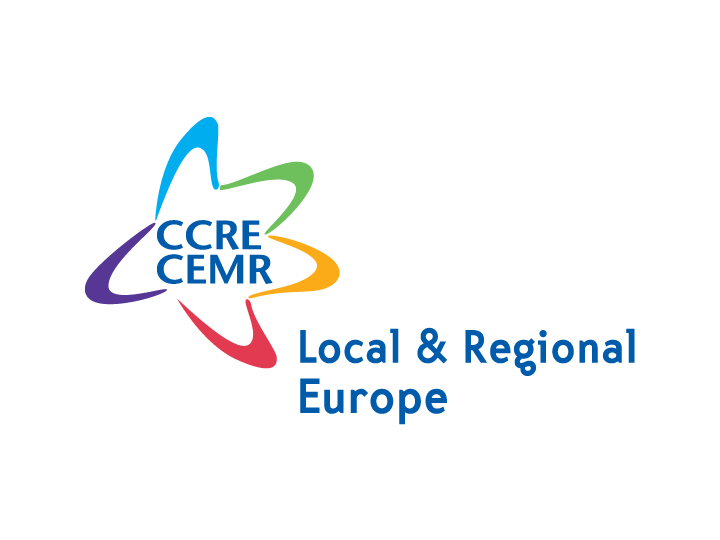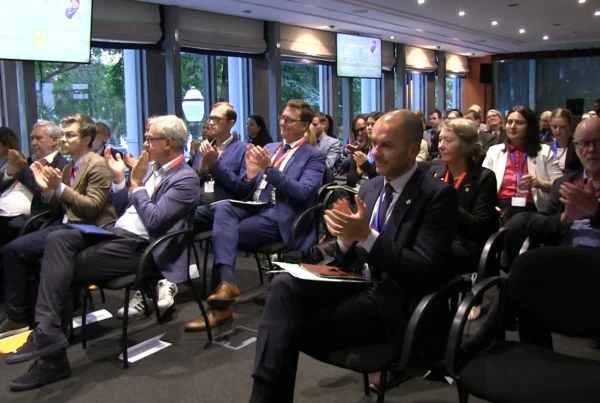Bathing water Directive – CEMR position
CEMR generally welcomes the overall thrust of the European Commission's proposal but is concerned that it could prove onerous for local authorities to implement and result in a negative impact on local economies and communities that rely on tourism.
CEMR believes that the directive must allow local authorities to comply with bathing water standards by adopting a flexible management approach.
Flexible management
CEMR welcomes the EP Environment Committee's amendment aimed at introducing a flexibility provision as regards transitory contamination (Amendment 19, Article 13 a (new)). This provision is fundamental to ensure that compliant bathing waters do not fail to conform to the directive because of exceptional incidents, and that appropriate management procedures are set up in such situations.
Such measures will be enacted quickly and responsibly in the case of contamination caused by extreme conditions, such as heavy rainfall causing runoff from farms.
CEMR also welcomes the rapporteur's proposal (Amendment 66, Annex II) to increase the confidence interval, when compiling data that will determine the quality status of the bathing water.
CEMR therefore urges MEPs to support amendment 19 (Art. 13) and amendment 66 (Annex II).
Recreational waters should be excluded from the scope of the directive
The Committee's proposal to extend the scope of the directive to recreational waters would prove untenable for local government. Local authorities already undertake significant measures to ensure public safety in accessing and using recreational waters, including provision of amenities. The wide dispersion of recreational waters means that monitoring on the scale of the directive would prove very costly and impracticable.
CEMR therefore urges MEPs to support amendment 9 (Art. 3), amendments 47 and 49 (Art. 16), amendments 50 and 51 (Annex II) and amendment 53 (Recital 10).
We urge MEPs to reject amendments 5 (Art. 2) and 7 (Art. 3).
We urge MEPs to reject amendments 5 (Art. 2) and 7 (Art. 3).
Detailed management provisions should be set out at the local and regional level
CEMR is concerned that some of the amendments tabled by the Environment Committee, in particular to Article 16, and by individual MEPs, are too prescriptive and will not provide the intended flexibility in implementing the directive. In accordance with the principles of subsidiarity, proportionality and proximity, CEMR believes that the detailed provisions as to the appropriate management of bathing waters should be decided on the basis of local conditions and circumstances. We would however support the development of a standardised international system of symbols, along the lines of the current blue flag system.
We would urge MEPs to support amendment 45 (Art. 12), and amendment 55 (Art. 15).
We urge MEPs to reject amendments 24, 25, 26 and 71 (Art. 16), amendment 70 (Art 7), 72 and 73 (Annex IV) and amendment 75 (Annex V).
We reaffirm local government's commitment to improving the quality and protection of the environment and assert our belief that, in accordance with the principle of subsidiarity, EU rules should be flexible enough to enable local and regional authorities to take account of specific local conditions when implementing legislation.
rn

Climate, Sustainable Finance Officer






